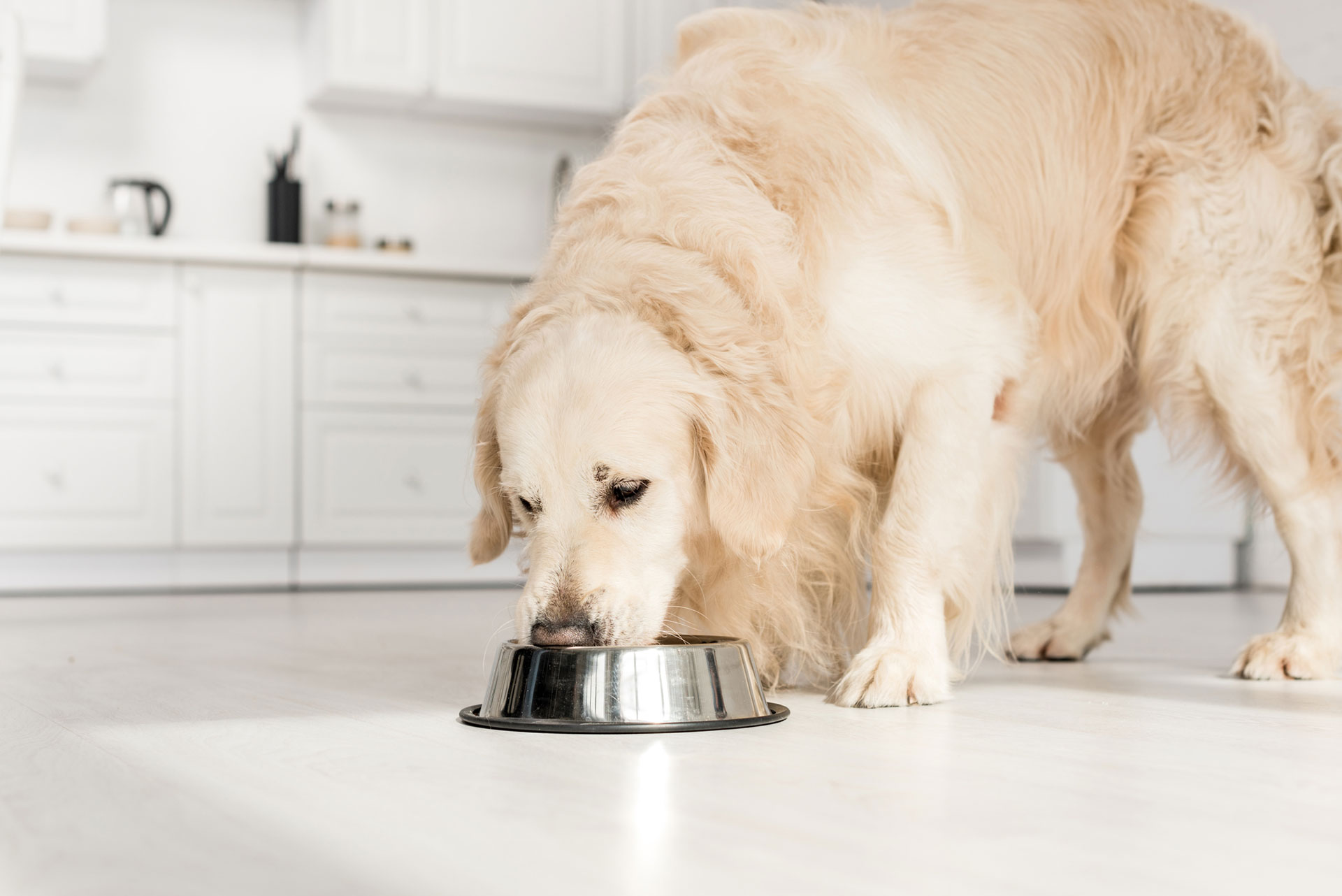Gassy Dog Breeds
So read on because we will provide you with all the information you need to know about the gassiest dog breeds, including what to do if your dog starts bloating.
Which Dog Breeds Are the Gassiest & Why?
Dogs can be pretty gassy. And while the occasional toot is nothing to worry about, some dogs are more prone to flatulence than others. If you’re curious about which breeds tend to produce the most gas, read on. Here’s a compiled list of 10 gassiest dog breeds explaining what may be causing their methane-filled emissions.
1. Boxers
Boxers are a high-energy breed that loves to run and play. Unfortunately, all that exercise can also lead to some severe gas buildup. Boxers are notorious for their flatulence, and it’s believed that their short, stubby noses are to blame. Their soft palate is also shorter when a dog’s nose is short. This can possibly cause air to be trapped in the stomach and intestines, leading to increased flatulence.
2. Bulldogs
Like boxers, bulldogs also have shortened noses which can cause them to gulp down much air and develop gas. Their slobbery mouths and drooling habits can also contribute to their gassiness. In addition, Bulldogs typically produce a lot of salivae, which can end up in their stomachs and cause bloating and gas.
3. Pugs
Pugs are another flat-faced breed that is prone to flatulence. Their unique breathing anatomy means that they often take in more air than other dogs, which can lead to excess gas. Pugs also tend to eat too quickly, which can cause them to swallow large amounts of air along with their food.
4. Beagles
Beagles are happy-go-lucky pups that love to eat just about anything they can get their paws on. Unfortunately, this voracious appetite can lead to digestive issues and gas. Beagles tend to have sensitive stomachs, so they may be unable to digest certain foods properly. This can cause health issues such as gas and bloat.
5. Labrador Retrievers
Labrador Retrievers are one of the gassiest dog breeds. Labs eat quickly and swallow a lot of air, which can lead to stomach distention and flatulence. Additionally, their high-energy lifestyle means that they often get exercise before meals. This can possibly cause them to gulp down air along with their food, leading to the release of stinky gas.
6. Boston Terriers
Boston Terriers are another flat-faced breed that is prone to gas. Their short noses make it hard and challenging for them to breathe, leading to them swallowing a lot of air properly. Additionally, Boston Terriers tend to eat quickly, contributing to their gassiness.
7. Cocker Spaniels
Cocker Spaniels are known for being particularly gassy. Their long, floppy ears often trap a lot of moisture, leading to bacterial growth and gas production. Additionally, Cocker Spaniels tend to eat quickly and swallow a lot of air, contributing to their gassiness.
8. Golden Retrievers
Golden Retrievers are another breed that is known for being particularly gassy. Their high-energy lifestyle means that they often get exercise before meals. This can possibly cause them to gulp down air along with their food, leading to stomach distention and flatulence. Additionally, Golden Retrievers tend to have sensitive stomachs, so they may be unable to digest certain foods properly. This can also cause smelly gas and bloating.
9. Yorkshire Terriers
Yorkshire Terriers are known for being particularly gassy. Their tiny stomachs mean they have difficulty digesting food properly, which can be a possible cause of gas and bloating. Additionally, Yorkshire Terriers tend to eat quickly and swallow a lot of air, contributing to their gassiness.
10. Old English Sheepdogs
Old English Sheepdogs are known as a gassy breed. Their size means they have difficulty digesting food properly, which can lead to gas and bloating. Additionally, Old English Sheepdogs tend to eat quickly and swallow air, which can also contribute to their gassiness.
What to Do If Your Dog is Gassy
When it comes to our beloved furry friends, we sometimes do whatever we can to make them feel better, including dietary changes. And if your dog is dealing with gas, you may be wondering what you can do to improve your dog’s digestive system. Here are ten things you can do to help your dog with gastrointestinal disease:
1. Check Their Food
Look at your dog’s diet and see if there are any changes you can make. For example, maybe they’re overeating low-quality dog food or the wrong kind of food, just like spicy foods or other kinds of food that contains so much dairy products. You might also want to choose another brand of new food altogether. If you’re not sure, ask your Vet for recommendations.
2. Add Some Fiber
If your dog isn’t getting enough fiber in their diet, that could be the culprit behind your dog’s gas. You can add some shredded carrots or pumpkin to their food bowl as their new diet to help them out.
3. Give Them Probiotics
Probiotics are good bacteria for gut health and can help with gastrointestinal issues. It’s a good idea to get them in powder form and add them to your pet’s diet.
4. Limit Their Activity
If your dog runs around a lot, that can also cause them to develop gas. Try to limit their regular exercise and activity for a little while and see if that makes a difference.
5. Massage Their Belly
Sometimes, all your pup needs is a little belly rub. Gently massage your dog’s tummy in a clockwise direction. It’s the best way to help relieve the gas.
6. Try an Anti-Gas Remedy
There are some over-the-counter remedies you can try that might help with your dog’s gas. Talk to your Vet first to see if they recommend anything.
7. Check for Allergies
If your dog is constantly dealing with gas, it could be because of an allergy. Talk to your Vet about getting your dog tested for allergies and see if that’s the issue.
8. Make Sure They’re Getting Enough Water
If your dog isn’t drinking enough water, that could be the reason behind their gas. Ensure that they have access to high quality fresh water and see if that helps for healthy digestion.
9. Take Them to the Vet
If nothing seems to be helping your dog’s gas, it’s time to take them to the Vet. They can rule out potential health problems or medical conditions and help dog parents like you determine the best course of action.
10. Be Patient
Dealing with bad gas can be frustrating, but it’s essential to be patient with your dog and consider lifestyle changes. They’ll eventually start feeling better, and the gas will go away. Just try to keep them comfortable in the meantime and follow your Vet’s advice.
So, if, just like others, you are the proud owner of a gassy dog breed, be patient and keep up the good work. And remember that your little guy is not alone – plenty of other people have to deal with this issue too! So, as long as you take care of your pup and provide them with the best possible life, don’t worry about a bit of gas. And who knows? With some patience and perseverance, you may just see those doggy farts start to disappear.


